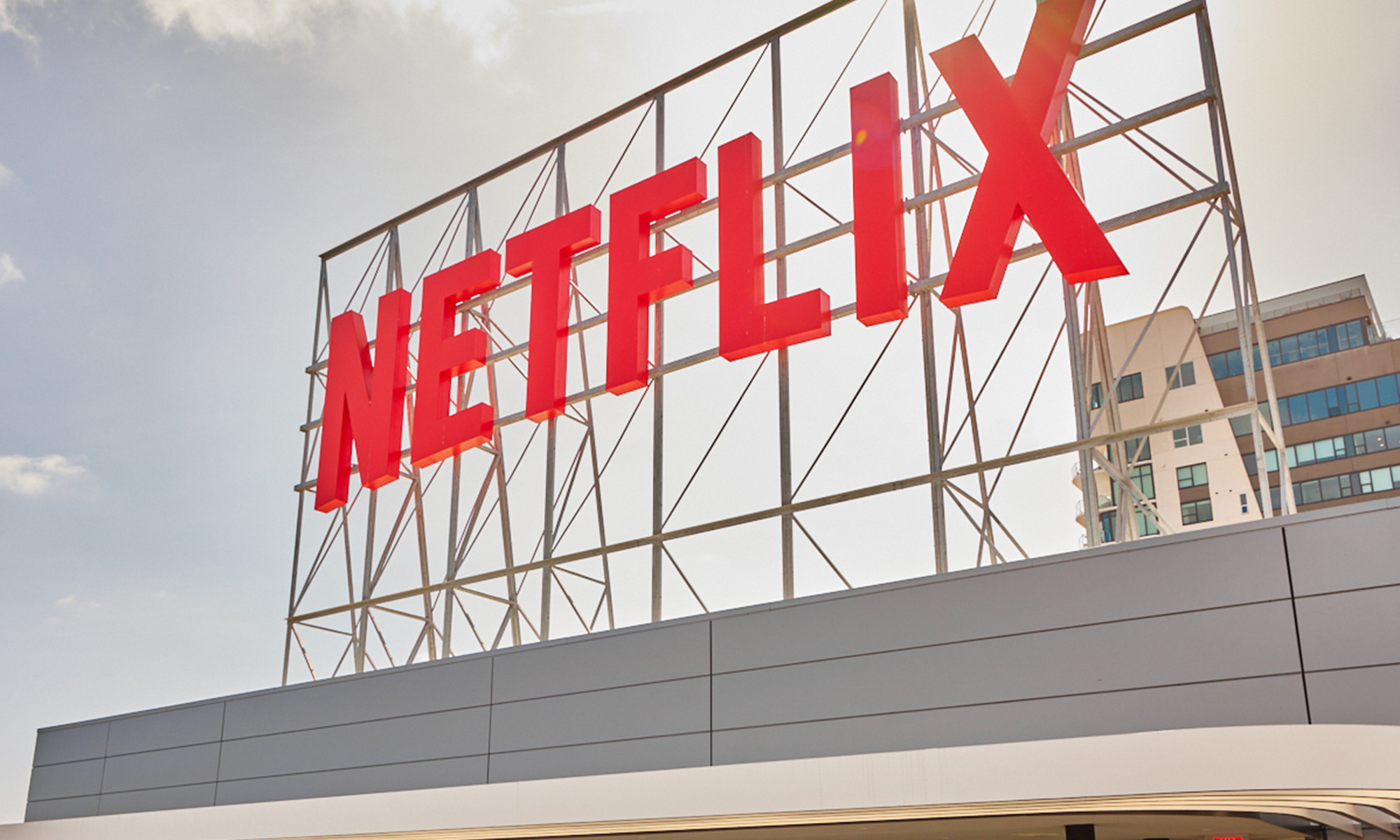Netflix (NFLX +0.15%) stock skyrocketed more than 15% after the company's stellar third-quarter earnings results, but investors still have a worthwhile opportunity to buy.
That's the message the top brass is sending, anyway. The board just approved a $10 billion share repurchase program, and that's on top of the $1 billion remaining in its old program. Last quarter, management used $2.5 billion of its authorization to buy back shares. And it sounds like it intends to make good use of its new authorization.
Here's why Netflix leadership thinks the stock is worth buying back at this price -- and why investors should follow suit.
Free cash flow is exploding
After years of raising debt and investing any cash from operations back into new content for the service, Netflix is starting to throw off tons of cash.
Last quarter, the company generated $1.9 billion of free cash flow. It expects full-year 2023 free cash flow of $6.3 billion. Granted, those numbers are skewed by the writers' strike from earlier this year and the ongoing actors' strike. As a result of the work stoppage, Netflix didn't spend as much cash on producing new content.
While management didn't provide a forecast for next year's free cash flow, it did provide some clues. First off, management expects to spend $17 billion on content. That will be a significant increase from the $13 billion it plans to spend this year.
At the same time, though, analysts see Netflix producing a strong increase in revenue growth. The consensus estimate for 2024 of $36.3 billion is a $4.4 billion increase from 2023. What's more, management expects to expand its operating margin from 20% this year to between 22% and 23% next year. That is to say, the increase in cash from operations should offset the rise in content spending, so free cash flow should look similar to this year in 2024.
The long-term outlook for Netflix's cash generation looks strong, too. Management sees a lot more upside in its operating margin and it doesn't expect to increase its content spending as quickly as it has in the past.

NASDAQ: NFLX
Key Data Points
Plenty of cash to return to shareholders
Not only is Netflix well positioned to keep increasing free cash flow, it already has a significant amount of cash on its balance sheet.
The company ended the third quarter with $7.9 billion in cash and short-term investments. It's aiming to keep just two months' worth of revenue in cash on the balance sheet, which would be about $5.7 billion based on its third-quarter revenue. So it has about $2.2 billion of excess cash it could still return to shareholders.
While Netflix does have significant debt on the balance sheet, it's within management's stated target of between $10 billion and $15 billion. What's more, the average interest rate on that debt is well below market price. It stopped issuing debt in 2019, and it's been using its free cash flow to fund growth since. As a result, about two-thirds of its debt has an interest rate below 5%. There's absolutely no rush for management to pay that down.
That's especially true if it thinks it can generate better returns by buying back shares. Considering the strong potential for Netflix to generate excess cash, investors should expect the streaming pioneer to consistently buy back shares during the next few quarters. It wouldn't be a surprise if management used up nearly all of the latest buyback authorization by the end of next year.
Netflix stock still has room to run
Despite the significant increase in the stock price since Netflix released its third-quarter earnings, investors may still have an opportunity to buy shares.
Management's share buyback plan combined with accelerating revenue growth and expanding operating margin sets the table for Netflix to produce a big increase in earnings per share. The company could sustain EPS growth of more than 25% thanks to the buyback, according to Keybanc Capital Markets analyst Justin Patterson. Meanwhile, the shares trade for just a bit over 29 times analysts' 2024 earnings estimate.
Considering the strong potential for earnings growth in excess of 20%, that's still an attractive price for investors to buy shares.





